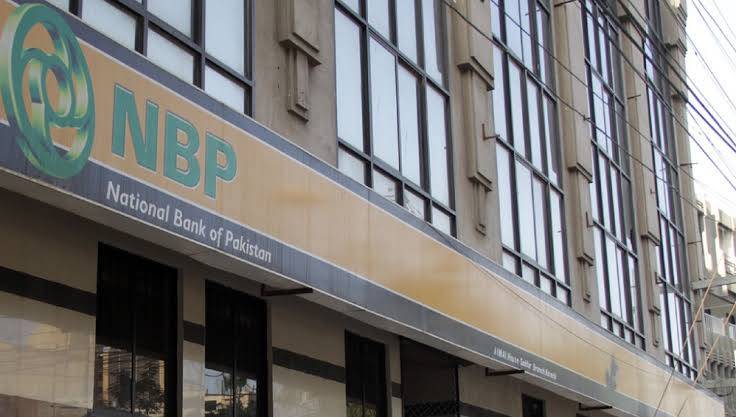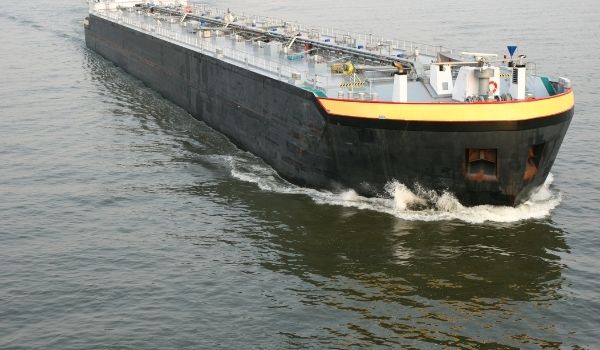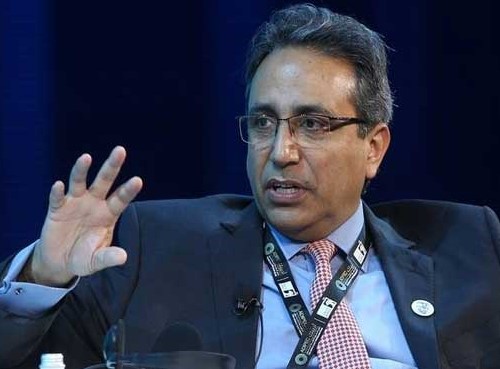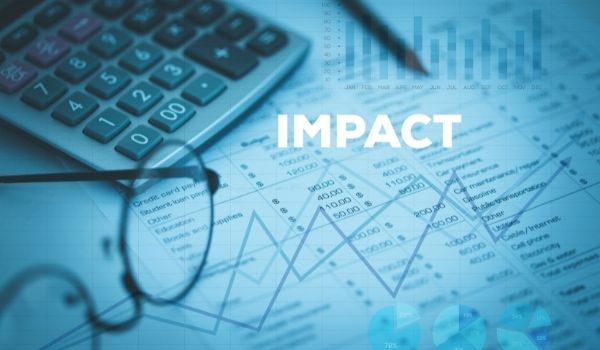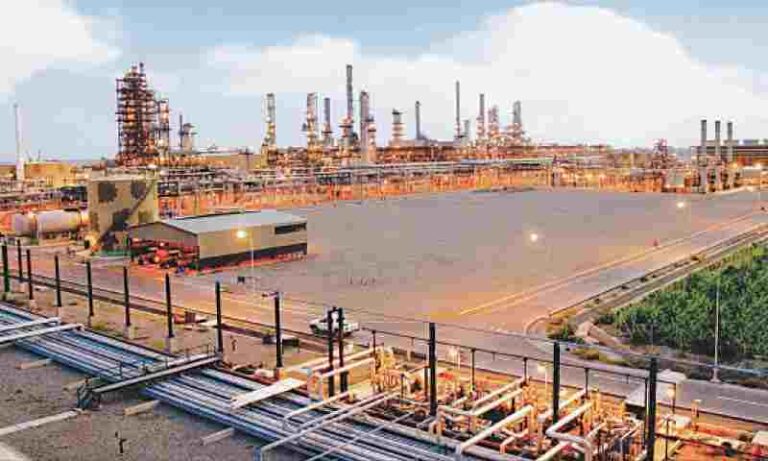SECP took notice of Hascol financials during Oct 2019
Aftab Ahmed
The Securities and Exchange Commission of Pakistan (SECP) took notice of HASCOL’s reported accounts for the period ending June 30, 2019, during October 2019.
In this regard, the SECP has diligently followed its requisite internal protocols in compliance with its mandated role and responsibility. However, being the apex corporate regulator of the country, SECP has to conclude its proceedings after following due process as envisaged under the law.
The SECP does not comment on its regulatory actions until they are finalized and orders are issued, at which stage they are published on its website without any exception. However, recently some misreporting in the print media has been undertaken that is devoid of facts and has been published without seeking SECP’s version.
The SECP has been and continues to remain vigilant and proactive in swiftly dealing with any regulatory violations that fall within its ambit. SECP greatly respects and values its ongoing relationship with the media which almost invariably reports on SECP’s activities in a measured, responsible and fair manner. However, it expects that reporting on matters currently under consideration of SECP should not be based on conjecture or incorrect hearsay.
National Bank of Pakistan (NBP) has breached its limit in extending loans to Hascol Petroleum that is facing default.
Sources told Newztodays.com that the National Bank of Pakistan had given an excess loan of Rs 8 billion to Hascol that is above its approved limit.
According to the latest report as of March 24, 2021, NBP had an approved limit of Rs 10 billion loans. However, it extended Rs 18.8 billion to Hascol Petroleum.
Sources said that Hascol Petroleum had to pay Rs 55.4 billion outstanding to banks.
It had received loans over and above the approved limits of banks that amounted to Rs 43.8 billion. However, it received Rs 55.4 billion that was against the approved limit.
Meanwhile, Hascol banking wise debt obligation suggests that the company has defaulted on Rs4.9b loan from Habib Bank Limited, Habib Bank Metropolitan Rs 4.92 billion, Meezan Bank Limited Rs 4.29 billion, Askari Bank Limited Rs 4.07 billion, Bank of Punjab Rs 3.98 billion, Sindh Bank Limited Rs 2.88 billion, Faysal Bank Limited Rs 2.071 billion, Bank of Khyber Rs 2.002 billion, Bank Alfalah Limited Rs 1.806 billion. There are several other banks that are to receive loans from banks.
Hascol petroleum’s total loan stands at Rs55b and becomes a defaulter of over Rs18 billion loan to the National Bank of Pakistan (NBP).
Default of Hascol Petroleum is not new to National Bank for Pakistan as it has also become a defaulter of other several banks as well.
Source told Newztodays that the company has defaulted on its debt obligation as it has restated its accounts in 2019 and booked billions of losses in historical financials.
Secondly, HASCOL is now negotiating with banks for possible debt restructuring and has offered conversion options from debt to equity to banks.
Read More: Hascol scam: Parliamentary Panel may take up
As a result of this, it is currently attempting to resolve the loan situation with banks. In Pakistan, one of the country’s largest banks is in charge of a restructuring agreement with other financial institutions.
According to sources, Hascol Petroleum had made further and offer to banks to purchase its shares and convert them into equity in exchange for the loan it was taking out. If Vitol invests additional equity in Hascol, banks may consider lowering the interest rate on the debt they have provided to the company.
Interest rates are really high right now. As part of its campaign, Hascol has sought a reduction in the interest rate on its bank loans to 5 percent.
Furthermore, HASCOL has also not filed its 2020 annual accounts due to the resignation of its auditor. In 2019 accounts filed to the PSX Hascol has disclosed details of its debt taken from different commercial banks.
Read More: OGRA suspends Hascol KP Marketing License
Meanwhile, a default of HASCOL petroleum has raised questions as it is also a loan defaulter of many other banks as it has also defaulted on loans from BankIslami Pakistan Limited, Al Baraka Bank (Pakistan), Dubai Islamic Bank Pakistan Limited, Bank Alfalah Limited, United Bank Limited, MCB Bank Limited, Habib Metropolitan Bank Limited, Summit Bank Limited, First Women Bank Limited, and Industrial and Commercial Bank of China.
Hascol said in a statement that it did incur large losses in 2019, which were disclosed in the company’s financial statements.
These losses were mostly due to Forex and Interest Rate Risk, as well as severe volatility in international oil prices, which impacted Pakistan’s whole Oil Marketing Industry.
Furthermore, in an effort to be totally transparent, Hascol’s new Board recently announced to the PSX that they had possibly identified some false purchases against fixed assets and that the firm was in the process of finishing its investigation to see whether there was any impact on the accounts.
Unfortunately, some individuals have equated it with oil imports, which is completely false because all oil imports are managed through a well-structured and duly regulated process.
In an effort to turn the firm around and get it back on track, a new CEO and Chairman were selected in 2020 to assume the leadership of Hascol and steer it back to profitability.


